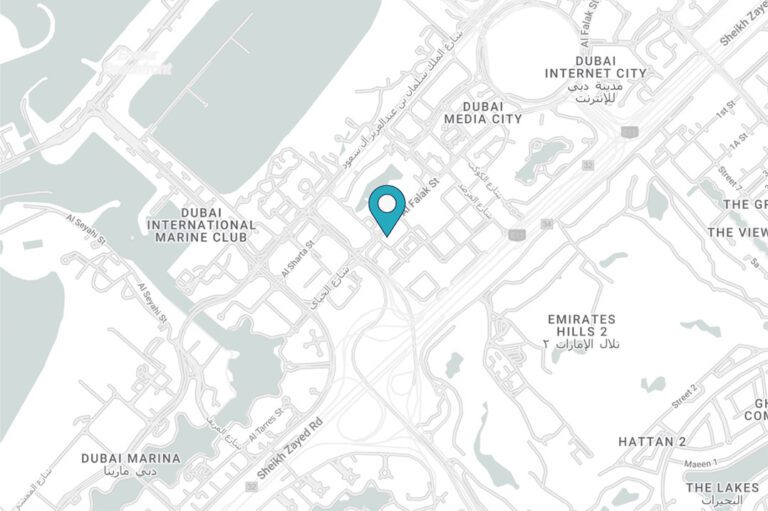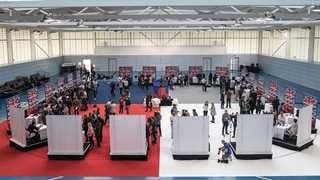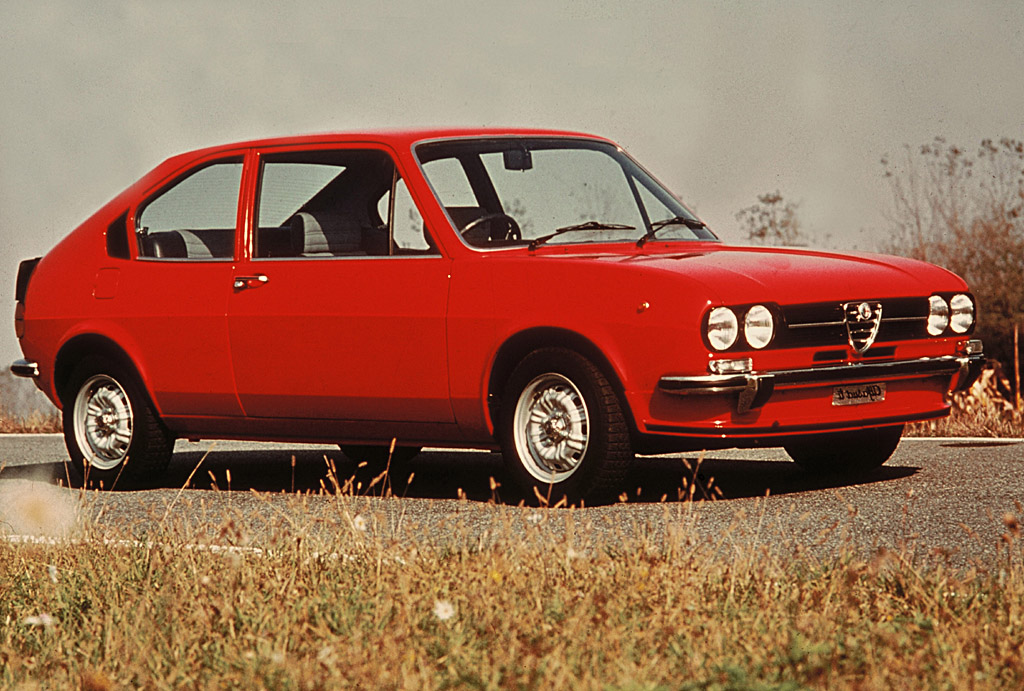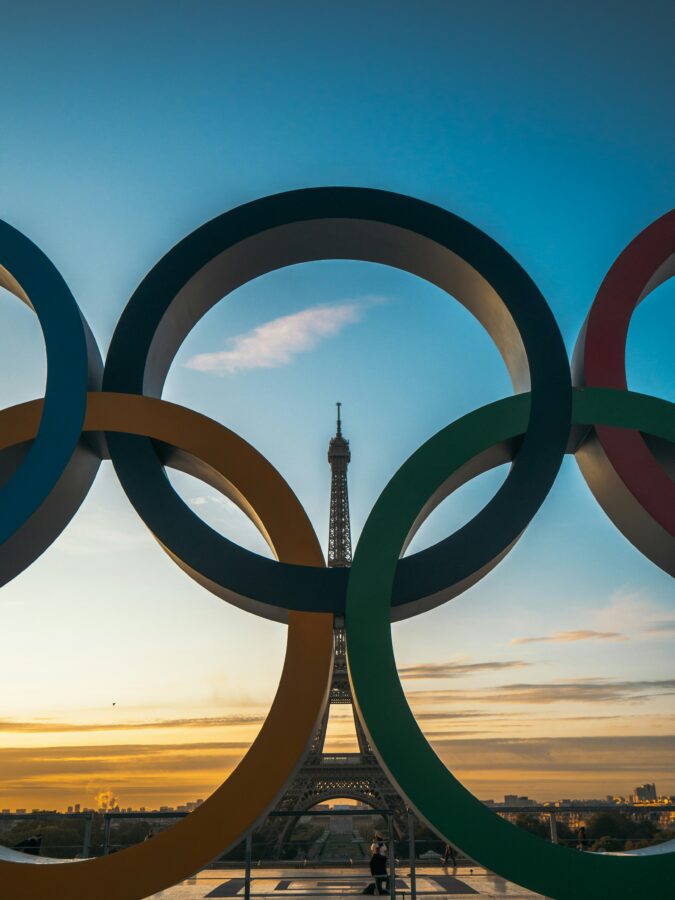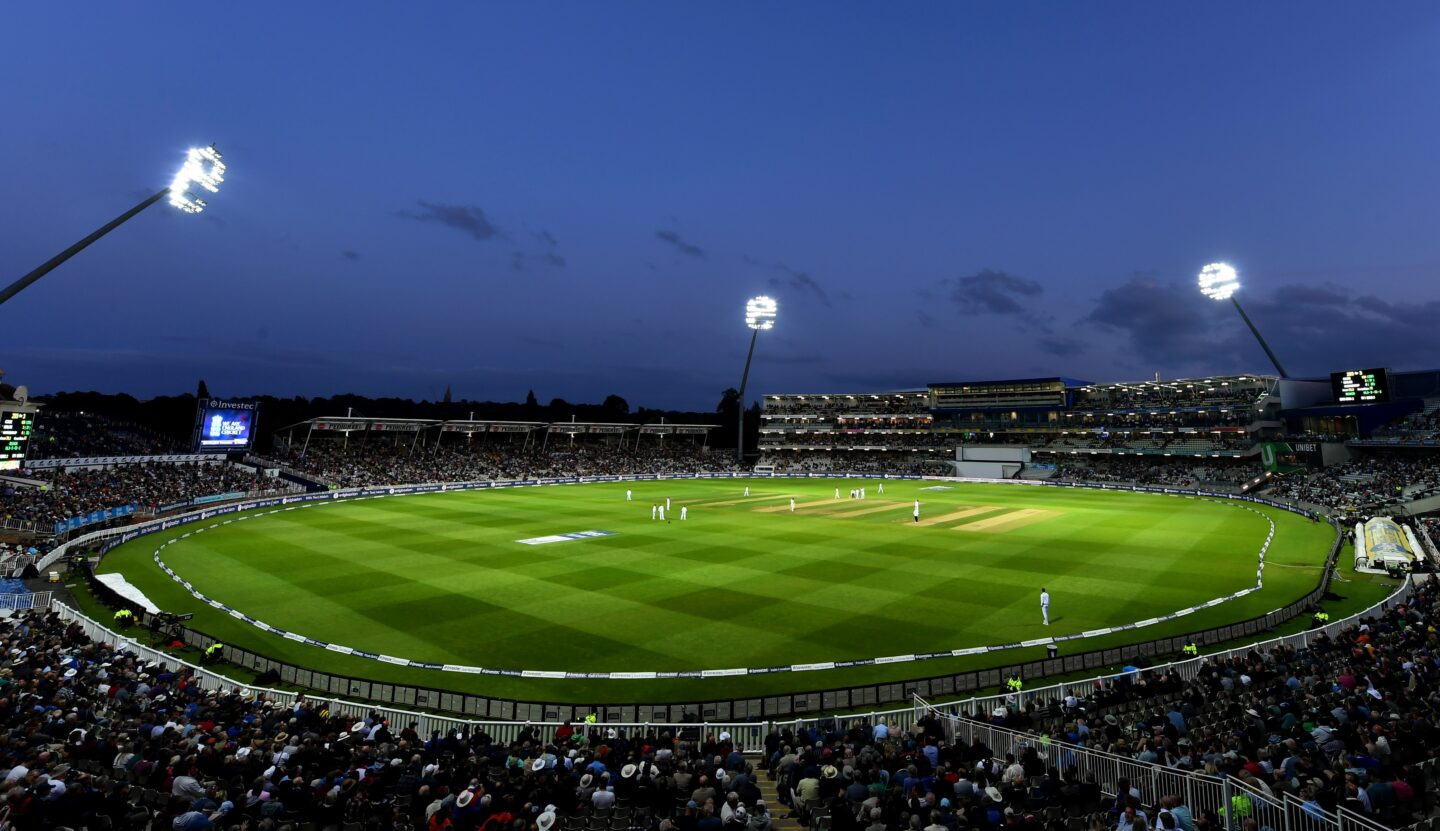So England is out of the 2018 FIFA World Cup. But we came close and there are a lot of positives we can take from the tournament.
There are plenty of pundits giving their opinion on England’s on-pitch performance but this article looks at how the team and the FA performed off the pitch, from a communications point of view.
Here are my stand-out moments:
- The squad announcement
Rather than the traditional team sheet and press conference, the FA took a different approach this year. They produced a video featuring young fans who announced all 23 players and rolled it out across its social channels, thereby attracting a whole new, younger and hopefully less cynical audience.
- The press conference
Normally only the manager and captain are available to media for interview but again the FA did it differently this year. In a set-up reminiscent of NFL press days, the FA arranged for each squad member to be available to the media for interview.
This not only dilutes the pressure away from one individual to many, it also removes the fear some players may have of the media and starts to establish a two-way relationship.
The FA continued this access in Russia. There is a Lions’ Den Vlog, showing daily videos from the England camp and players, including Harry Maguire took part in a ‘3 dart challenge’ with journalists, all leading to a more open relationship with players, media and fans.

- The media
The media landscape has changed significantly since the last World Cup and the FA’s approach reflected this – they seemed to take a slightly different approach in the type of media they courted.
Rather than focusing on the traditional national media, they targeted more niche titles such as MUNDIAL and other influencers such as bloggers and YouTubers. This engaged a slightly different fan demographic and played a huge role in getting the wave of social media support behind the team.
This approach also meant that there were times when the ‘traditional’ media weren’t always happy. For example, they complained they didn’t received an ‘embargoed, easy to distribute squad check’. However it did mean that when there might have been a negative story about one of the players e.g. The Sun and Raheem Sterling, there was enough support online of the team to counteract any of these articles.
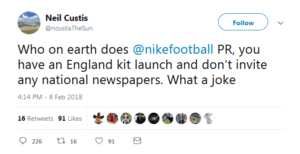
- The psychologist
Ok this isn’t necessarily related to comms but it definitely has a knock-on effect on how the players interact with media and fans.
Pippa Grange was appointed ‘head of people and team development’ at the FA at the end of last year. While there have been similar appointments in the past, what Grange has introduced has made a huge difference. Individual and group therapy sessions where she asks players to talk about their anxieties and previous failures are now mandatory. She also makes sure the players have fun and she organises games that enable them to bond as a team.
Now, if that all sounds like a bad company day out, just watch this video where Rio Ferdinand and Frank Lampard discuss how in the past, some players were more concerned with giving away their club’s secrets rather than playing for their country – this focus on team bonding aims to remove that fear and help build a true team.
- Social media
In previous tournaments, social media has been banned. But not this one. From thanking fans to promising the Thai football team signed England shirts, the players have been prolific on Twitter and Instagram for the past few weeks. It allows fans to feel involved in the World Cup experience and provides an insight into their personalities.
And it’s not by accident either. As before, they have all received media training from a former BBC journalist. However what is different is that this time, they no longer spout the corporate jargon or are limited to pre-agreed quotes. The players can be themselves and write what they would normally. This makes it feel more authentic and leads to even more engagement, surely the holy grail of any social campaign.
- The brand buy-ins
As someone who used to work for Visa and did not approve of any ambush marketing around the sporting events we sponsored, there’s something heart-warming about seeing brands get behind the country (otherwise known as jumping on the bandwagon). Mobile carrier Three rebranded to Three lions, McCain oven chips became McKane and M&S reported an increase in sales on waistcoats.
It was timely, it was opportunistic but it had to be done.

But what is behind these changes?
Is it a new comms team who better understand their audience and who seem to enjoy working with the new manager, as shown in this tweet?
Is it because of Brexit, Trump and the general geo-political meltdown we seem to be experiencing?
Or maybe, it’s all thanks to Gareth Southgate. He’s been there, he’s hit rock bottom, he’s prepared to take risks, and, like any good marketing director, he looks at what’s happening in the marketplace and uses that insight to help him develop his strategy.
What’s different this time is that we all seem to be behind him.

